Abstract:
Background: Developing countries contribute substantially to breast cancer mortality worldwide, as early-stage diagnosis and effective adjuvant therapies have decreased breast cancer-specific mortality in developed countries. Unfortunately, the costs of breast cancer screening programs and treatments limit translation of these results to developing nations. Methods: We retrospectively analyzed the tumor characteristics and modalities of management in 454 patients with Stage I-III invasive breast cancer in a single tertiary cancer center (Rajiv Gandhi Cancer Institute & Research Center) in New Delhi, India treated in 2010.
Results: The median age at diagnosis was 52 (range 25-88). Stage II tumors predominated, with tumors ≤ 5 cm in size in 93% of patients. 84% of patients underwent modified radical mastectomy, while 14% underwent breast-conservation therapy (BCT). Overall, 79% of patients received adjuvant or neo-adjuvant chemotherapy and 49% received radiotherapy. Receptor characterization revealed: ER+/PR+/Her2-, 52.9%; ER+/PR+/Her2+, 10.2%; ER-/PR-/Her2+, 13.8%; and triple-negative, 23%. Of the ER+/PR+ patients, 58% were node-positive, 79% received chemotherapy and 100% were advised hormonal therapy. Of the Her-2 positive patients, 23% received trastuzumab.
Conclusions: Breast cancer management strategies vary in Indian and US populations. Indian patients are younger with tumor sizes amenable to BCT followed by loco-regional radiotherapy. Despite this, only a minority of patients opted for BCT. In the hormone-positive population, majority of patients received chemotherapy in addition to hormone therapy due to high incidence of node positivity, tumor size>2 cm and unaffordability of genomic assays. In the Her2+ population, trastuzumab use was limited, reportedly due to cost. Overall, management is adapted to limited resources and follow-up is inconsistent. It may be beneficial to set up Indian national breast cancer guidelines to promote multidisciplinary management, describe the molecular features of disease in this population, and evaluate the cost-effectiveness of expensive diagnostic and therapeutic interventions. This will encourage rational policies and help to create a comprehensive cancer treatment network.
Source: http://meetinglibrary.asco.org/content/132656-144
Citation:
J Clin Oncol 32, 2014 (suppl; abstr e17517)
Author(s):
Mahasweta Gooptu, Dinesh Doval, Kapil Kumar, Ajay Dewan, Anurag Mehta, Ullas Batra, Kumardeep Dutta, Tiffany P. Avery, Rebecca J. Jaslow, Edith P. Mitchell, Afzal Naiyer, John Manavalan, Massimo Cristofanilli; Thomas Jefferson University, Philadelphia, PA; Rajiv Gandhi Cancer Institute & Research Centre, Delhi, India; Department of Medical Oncology, Rajiv gandhi cancer Institute and Research center, Delhi, India; Kimmel Cancer Center of Thomas Jefferson University, Philadelphia, PA; Star Health Network, New York, NY; Kimmel Cancer Center at Jefferson, Philadelphia, PA
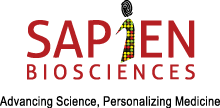
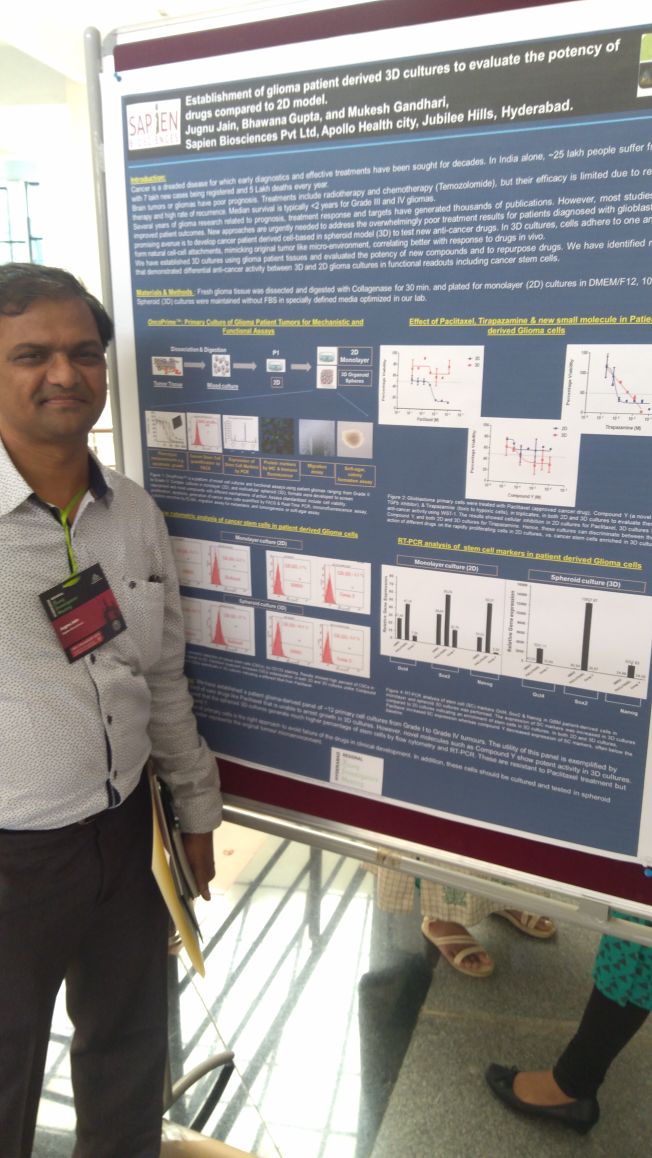

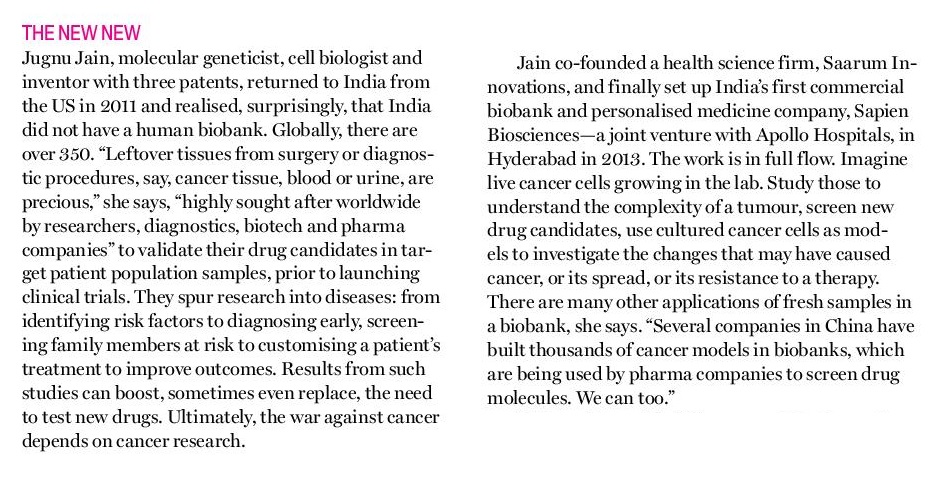
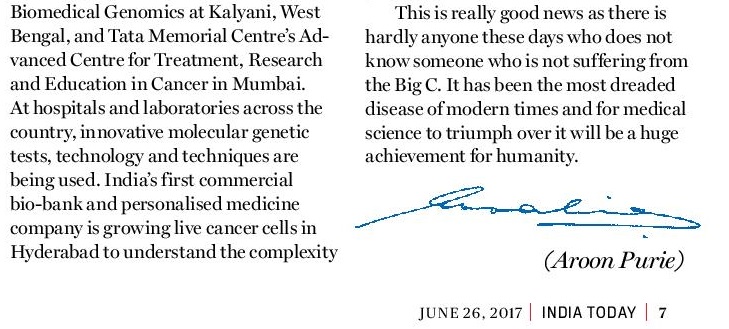

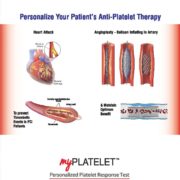
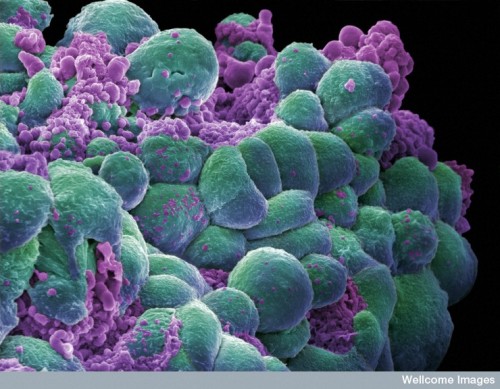

Recent Comments